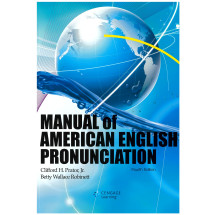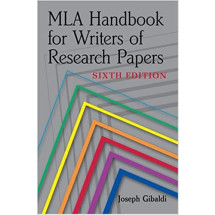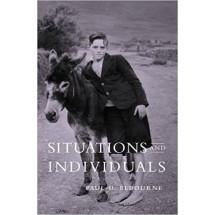This collection of readings shows how cognitive science can influence most of the primary branches of philosophy, as well as how philosophy critically examines the foundations of cognitive science. Its broad coverage extends beyond current texts that focus mainly on the impact of cognitive science on philosophy of mind and philosophy of psychology, to include materials that are relevant to five other branches of philosophy: epistemology, philosophy of science (and mathematics), metaphysics, language, and ethics. The readings are organized by philosophical fields, with selections evenly divided between philosophers and cognitive scientists. They draw on research in numerous areas of cognitive science, including cognitive psychology, developmental psychology, social psychology, psychology of reasoning and judgment, artificial intelligence, linguistics, and neuropsychology. There are timely treatments of current topics and debates such as the innate understanding of number, children's theory of mind, self-knowledge, consciousness, connectionism, and ethics and cognitive science.
I. Epistemology
1. Visual Object Recognition
Irving Biederman
2. Deductive Reasoning
John H. Holland, Keith J. Holyoak, Richard E. Nisbett, and Paul R. Thagard
3. Probabilistic Reasoning
Amos Tversky abd Daniel Kahneman
4. Our Native Inferential Tendencies
Hilary Kornblith
5. Epistemic Folkways and Scientific Epistemology
Alvin I. Goldman
II. Science and Mathematics
6. Observation Reconsidered
Jerry A. Fodor
7. Perceptual Plasticity and Theoretical Neutrality: A Reply to Jerry Fodor
Paul R. Thagard
8. Explanatory Coherence
Paul R. Thagard
9. Scientific Discovery
Pat Langley, Herbert A. Simon, Gary L. Bradshaw, and Jan M. Zytkow
10. Evidence against Empiricist Accounts of the Origins of Numerical Knowledge
Karen Wynn
III. Mind
11. Troubles with Functionalism
Ned Block
12. Eliminative Materialism and the Propositional Attitudes
Paul M. Churchland
13. Fodor's Guide to Mental Representation
Jerry A. Fodor
14. Misrepresentation
Fred I. Dretske
15. How We Know Our Minds: The Illusion of First-person Knowledge of Intentionality
Alison Gopnik
16. The Psychology of Folk Psychology
Alvin I. Goldman
17. Quining Qualia
Daniel C. Dennett
18. Neuropsychological Evidence for a Consciousness System
Daniel L. Schacter
IV. Metaphysics
19. Object Perception
Elizabeth S. Spelke
20. Onotological Categories Guide Young Children's Inductions of Word Meanings
Nancy N. Soja, Susan Carey, and Elizabeth S. Spelke
21. Some Elements of Conceptual Structure
Ray Jackendoff
22. Color Subjectivism
C. L. Hardin
V. Language
23. On the Nature, Use, and Acquisition of Language
Noam Chomsky
24. On Learning the Past Tenses of English Verbs
David E. Rumelhart and James L. McClelland
25. Critique of Rumelhart and McClelland
Andy Clark
26. The Mental Representation of the Meaning of Words
Philip N. Johnson-Laird
27. Brain and Language
Antonio R. Damasio and Hanna Damasio
28. Meaning, Other People, and the World
Hilary Putnam
VI. Ethics
29. Ethics and Cognitive Science
Alvin I. Goldman
30. The Contribution of Empathy to Justice and Moral Judgement
Martin L. Hoffman
31. Situations and Dispositions
Owen Flanagan
VII. Conceptual Foundations
32. Autonomous Psychology and the Belief-Desire Thesis
Stephen P. Stich
33. Individualism and Psychology
Tyler Burge
34. The Co-evolutionary Research Ideology
Patricia Churchland
35. On the Proper Treatment of Connectionism
Paul Smolensky
36. Connectionism and Cognitive Architecture
Jerry A. Fodor and Zenon W. Pylyshyn
37. The Computer Model of the Mind
Ned Block
38. The Critique of Cognitive Reason
John R. Searle
Alvin I. Goldman is Professor of Philosophy and Research Scientist in Cognitive Science at the University of Arizona.















